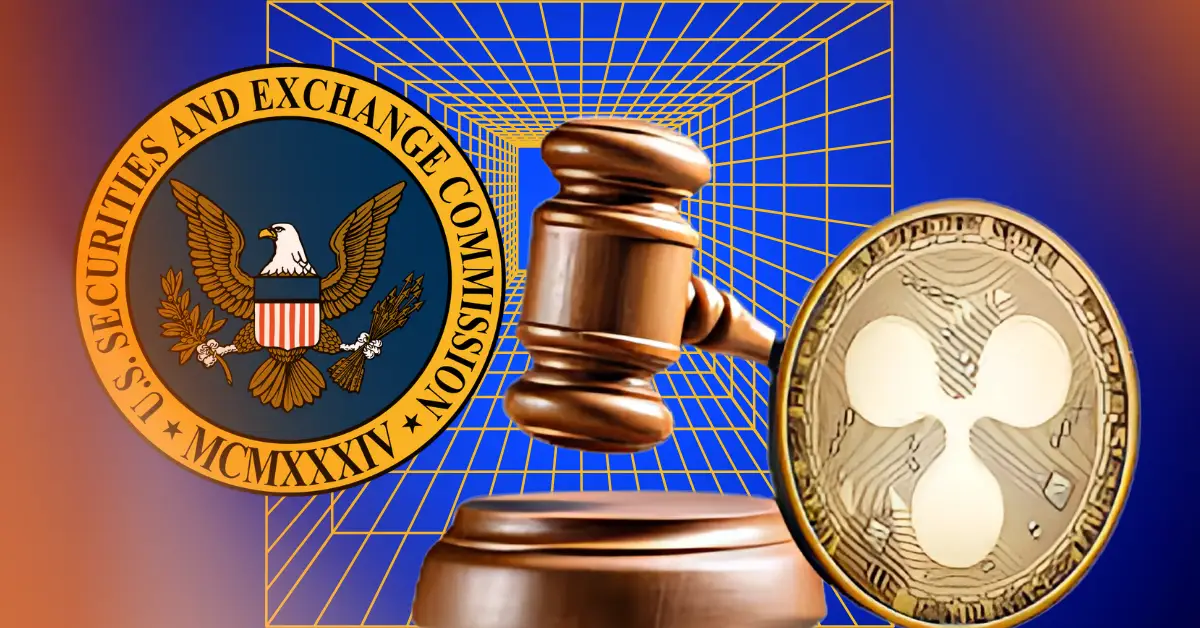Recession Fears and Their Impact on Bitcoin: A Closer Look
Following President Donald Trump’s “Liberation Day” tariff announcement on April 2, 2023, recession probabilities have spiked across leading economic trackers. This unexpected turn of events has put Bitcoin and other cryptocurrencies on high alert.
The Current State of Economic Indicators
Kalshi’s prediction markets now stand at 53%, an 8.1% jump from prior estimates. Polymarket’s odds have surged to 54%, reflecting the growing concern among economists and investors.
The Connection Between Recessions and Bitcoin
Historically, Bitcoin has shown a strong correlation with the stock market during times of economic uncertainty. During recessions, investors often turn to Bitcoin as a hedge against inflation and currency devaluation.
The Impact on Individuals
For individuals, a recession could mean job losses, reduced income, and financial instability. In such a scenario, Bitcoin and other cryptocurrencies could provide a hedge against inflation and potential currency devaluation. However, investing in cryptocurrencies carries inherent risks, and it’s essential to do thorough research and consider seeking advice from financial advisors.
- Individuals may consider diversifying their investment portfolio by allocating a portion of their assets to Bitcoin and other cryptocurrencies.
- Those facing financial instability may consider using Bitcoin as a hedge against inflation and potential currency devaluation.
- It’s crucial to remember that investing in cryptocurrencies comes with risks and should be approached with caution.
The Impact on the World
A recession could have far-reaching consequences on the global economy. Central banks may respond by lowering interest rates or implementing quantitative easing measures, which could lead to increased inflation and currency devaluation. In such a scenario, Bitcoin and other cryptocurrencies could potentially act as a hedge against these economic forces.
- Central banks may respond to a recession by implementing monetary policies that could lead to inflation and currency devaluation.
- Bitcoin and other cryptocurrencies could potentially act as a hedge against these economic forces.
- The global economy could experience significant volatility during a recession, making it essential for governments and central banks to respond effectively.
Conclusion
Following President Trump’s tariff announcement, recession probabilities have spiked, putting Bitcoin and other cryptocurrencies on high alert. While historical data suggests a correlation between Bitcoin and the stock market during economic uncertainty, it’s crucial to remember that investing in cryptocurrencies carries inherent risks. Individuals may consider diversifying their investment portfolio by allocating a portion of their assets to Bitcoin and other cryptocurrencies, while governments and central banks must respond effectively to mitigate the potential economic consequences of a recession.
As we continue to monitor the situation, we encourage readers to stay informed and seek advice from financial advisors before making any investment decisions.





